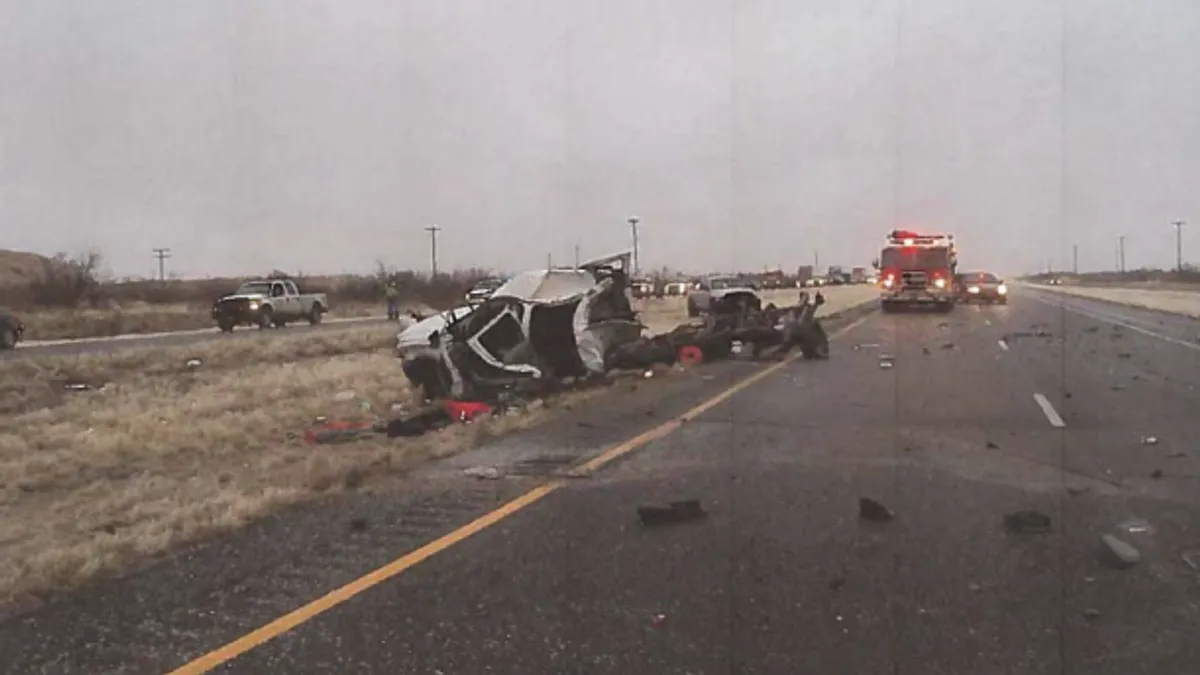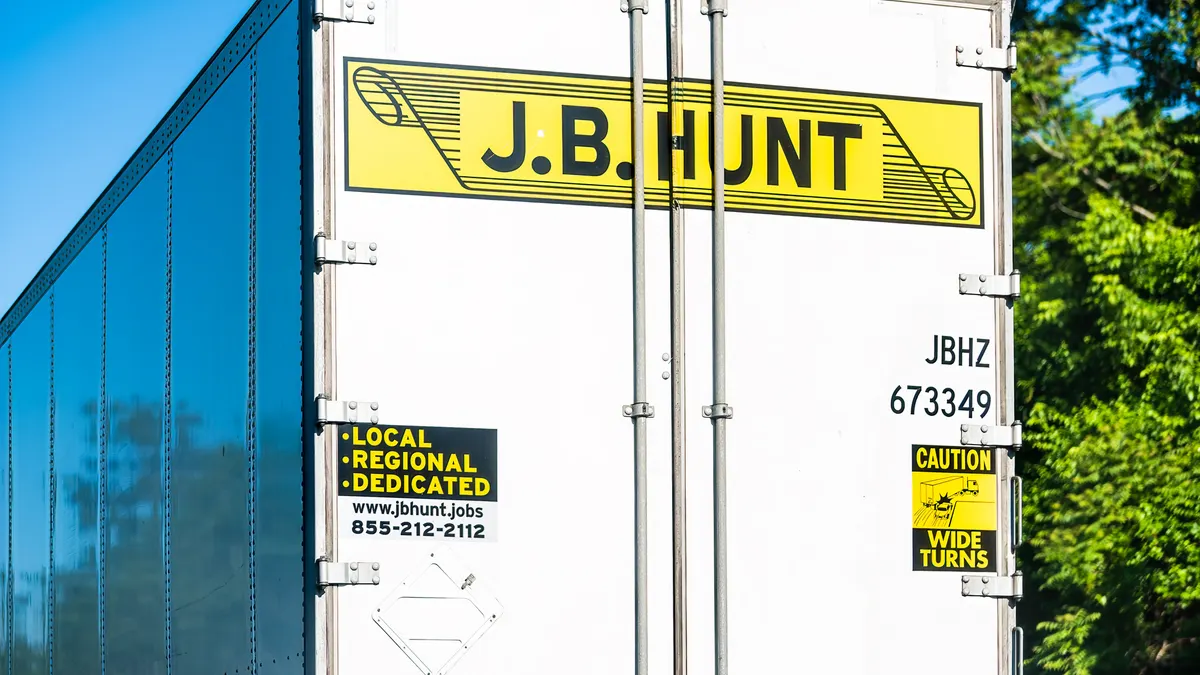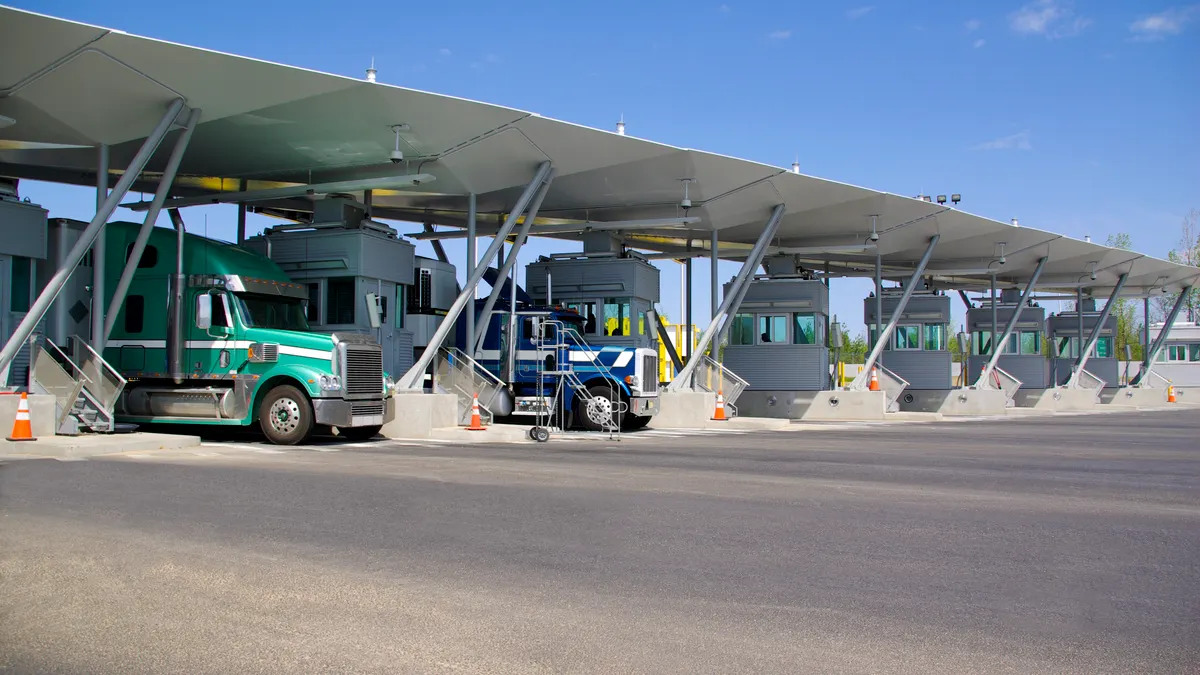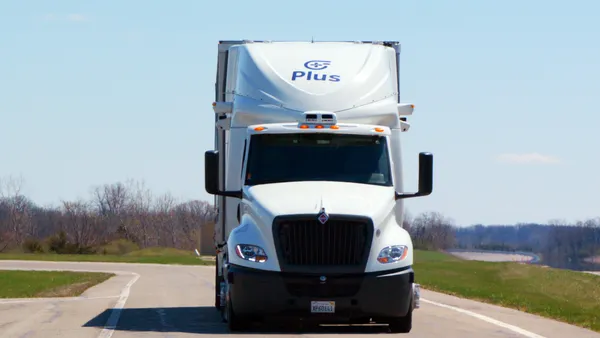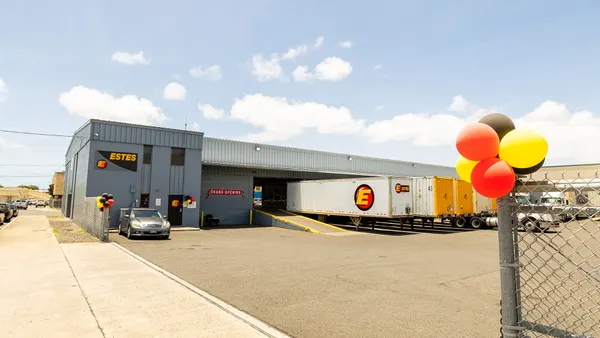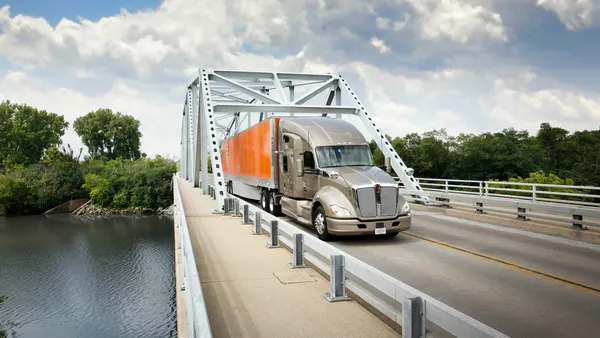Dive Brief:
- Attorneys representing the Blake family, the victims of a 2014 fatal accident following a collision with a Werner Enterprises truck, are urging the Texas Supreme Court to reconsider its June ruling in favor of the company, according to an Aug. 13 motion for rehearing.
- The respondents claim that the court’s ruling departs from both national and Texas legal precedents that excessive speed qualifies as a proximate cause of a collision. Additionally, they argue the evidence in the case supported a jury’s verdict that the truck driver’s speed was a factor in the collision.
- “The Court’s abandonment of the nationally accepted causation rule will have far-reaching and destabilizing consequences in many types of automobile-collision cases, not just cross-median collisions on interstate highways,” the Blakes’ attorneys allege.
Dive Insight:
When the Texas Supreme Court dismissed the lawsuit against Werner, it reversed a state appeals court decision that would have held the company and its driver liable for $100 million in damages.
“This marks the end of a decade-long and difficult chapter,” Werner CEO Derek Leathers said during the company’s July 29 earnings call. “While we are grateful for the clarity this decision brings, we will not lose sight of the tragic loss for the Blake family.”
The Blake family was traveling in an F-350 pickup during a winter storm when they crossed over a 42-foot median and crashed into a Werner tractor-trailer. The collision killed a 7-year-old boy, paralyzed a 12-year-old girl and injured other family members.
Although the passenger vehicle crossed to the opposite side of the interstate, attorneys representing the Blake family assert that if Werner’s driver had been going 15 miles per hour rather than 50.5 miles per hour, the crash could have been prevented because the truck driver would have had time to stop on the icy roads.
However, the Texas Supreme Court opinion holds that the only contribution the truck driver’s speed made to the accident was that it put him directly in the path of the careening F-350 — not a happenstance for which he or Werner can reasonably be held responsible.
“Legal reforms are still needed in many states across the country,” Leathers said during the earnings call. “We will continue to work at the state level and with others in and outside our industry for fairness and reasonableness regarding these types of claims and lawsuits.”
Nuclear verdicts, defined as those with an award of $10 million or more, are on the rise and leaving trucking companies "particularly susceptible," with one in four auto crash trials involving a commercial trucking company, according to a U.S. Chamber of Commerce Institute for Legal Reform report from 2024.


